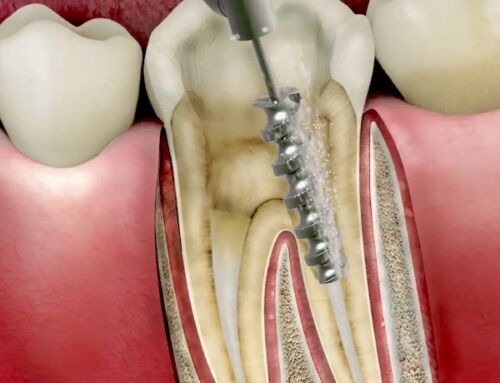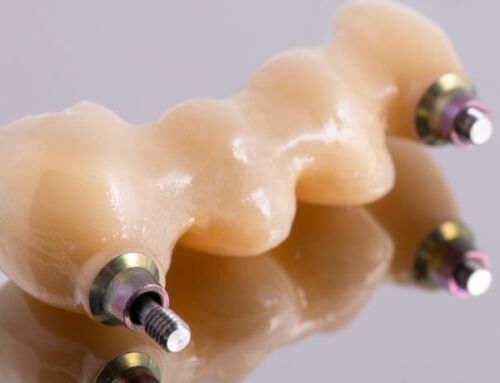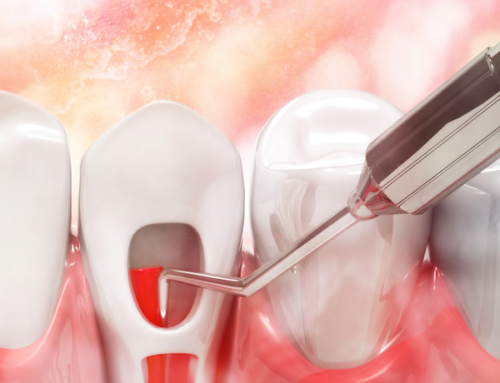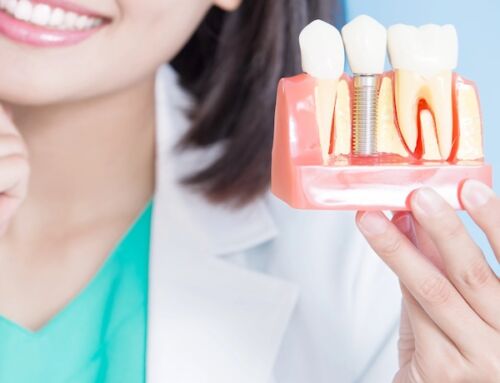Wisdom teeth removal may be recommended due to several dental concerns such as decay, cavities, pain, tooth crowding, bite problems, and even dental infections. While a lot may say that this is a painful procedure, the right team can get it done as smoothly and comfortably as possible.
At Chinook Dental Group, our experienced team will guide you every step of the way of your treatment. From getting you prepared and ready for the surgery, then getting the tooth out, and lastly, during your recovery. The recovery process is just as crucial as the rest of the steps of your treatment as it ensures that you do not experience any complications after extraction.
One of the recovery guidelines that we take seriously is your diet. Here is a helpful list of what to and not to eat as you heal from surgery and why this is an important factor in your healing that you should not overlook.
Understanding the Recovery Dietary Guidelines
After wisdom tooth surgery, your gums will be tender, your face and jaw will be swollen, and your mouth will be extra sensitive. Therefore, following a specific diet is essential to improve your comfort as you recover and to ease you to faster healing without worries of complications.
Why are Soft Foods Essential
Soft foods after wisdom teeth removal are going to be your best friend. They are easy to chew, so it lessens the risk of irritating the surgical area. Also, it may be difficult for you to eat solid foods because of your swollen jaw, so soft foods can help you stock up on nutrients while you heal.
Cold vs Hot Foods
Cold foods are also an ideal part of your dietary regimen after wisdom tooth removal. They help reduce the inflammation around your gums and can also help with post-surgery comfort. However, hot foods are strongly discouraged as it can increase blood flow and cause your wound to bleed again.
Balanced and Nutritious Diet for Recovery
A well-balanced diet rich in vitamins, minerals, and proteins is crucial during recovery. These nutrient-dense foods help rebuild tissues, strengthen the immune system, and promote faster wound healing.
Avoiding Certain Foods
After your surgery, a blood clot will form over the wound. This will protect the nerves and vessels in the extraction site. That being said, it is important this clot remains undisturbed. Foods that are too hard, sticky, and crunchy may affect the clot, so avoid them for the meantime. Spicy foods are also discouraged as this can cause sensitivity and increase inflammation and discomfort.
Impact of Diet in Recovery
Eating the right foods can directly impact your comfort and recovery time. Nutritious and soft foods prevent removing the clot and promote healing, so you can expect a faster recovery. Conversely, not following the dietary restrictions may lead to complications such as bleeding, pain, infections, and delayed healing.
Best Foods to Eat After Wisdom Tooth Removal
When planning for your recovery diet after wisdom teeth, focus on foods that are soft, easy to consume, and nutrient-rich. Here are some of the best options:
- Smoothies: Blend fruits, vegetables, and yogurt for a nutrient-packed meal.
- Applesauce: This provides a good source of fiber while still being soft and gentle on your mouth.
- Mashed Potatoes: Creamy and soft mashed potatoes are an excellent choice for a filling meal rich in carbohydrates.
- Scrambled Eggs: Lightly, fluffy, and full of protein.
- Broth-Based Soups: Warm chicken soups provide hydration without irritation.
- Greek Yogurt: A smooth texture and high-protein rich post-surgery snack.
- Oatmeal: Cool to room temperature before consuming this nutritious and fiber-rich meal.
- Cottage Cheese: Another protein-packed food that is beneficial for wound healing.
Foods to Avoid After Wisdom Teeth Removal
Certain foods can interfere with the healing process and should be avoided. Such include:
- Crunchy foods such as chips, nuts, popcorn can get stuck in the extraction site and disturb the healing tissue.
- Spicy foods may irritate the surgical area and cause discomfort.
- Hard foods such as raw vegetables and crusty bread can strain your swollen jaw and risk damaging the clot over the extraction site.
- Sticky foods may cling and dislodge the blood clot, causing complications such as a dry socket.
- Alcohol can interfere with the healing process and interact poorly with prescribed medications.
- Hot foods and drinks can aggravate sensitivity and cause post-surgical pain.
Frequently Asked Questions
How long after wisdom tooth extraction can I eat?
You can usually start eating soft foods after a few hours after your wisdom tooth extraction, once the numbness wears off. However, it is best to wait 24 – 48 hours before introducing more substantial soft foods.
Is it safe to use a straw after wisdom tooth extraction?
Using a straw for drinking should be avoided as this creates pressure with suction that can disturb the healing clot over your wound.
When can I go back to eating solid foods after wisdom tooth extraction?
Most people can gradually reintroduce solid foods about a week post-surgery from wisdom tooth. Start slowly with softer solid foods and avoid anything too hard or crunchy until you are fully healed.
How long is wisdom tooth recovery?
Recovery from wisdom tooth surgery is different for everyone. Some patients can start going back to their usual routine after three days, but this should come with caution. In general, most patients should feel their best after two weeks. The best advice that we can give is to stick with your dentist’s recovery guidelines to help your body recover as soon as possible.
Conclusion
Proper nutrition is vital for a smooth and swift recovery after wisdom teeth removal. By sticking to a soft, nutrient-rich diet and being mindful of your dietary restrictions, you will minimize post-surgical discomfort and help your body recover faster.
Chinook Dental Group is committed to supporting you throughout your recovery process. If you have any concerns as you heal, do not hesitate to contact us for further assistance and we will guide you through a comfortable healing journey.






